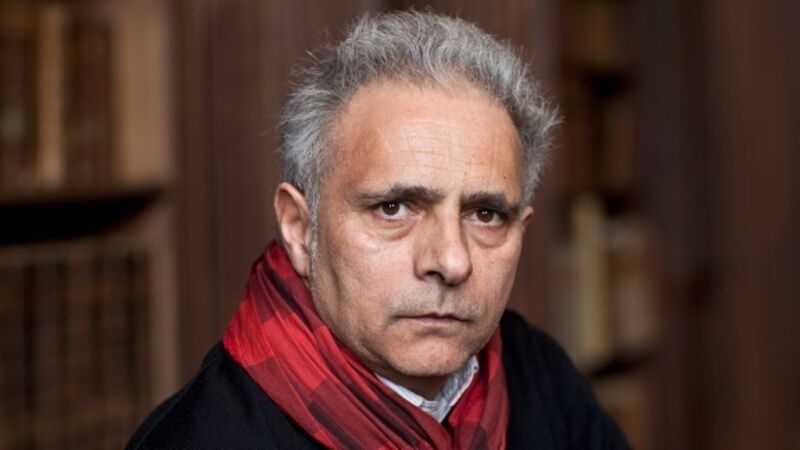Writer Hanif Kureishi gives his views on Brexit, the writing process and navigating life

HANIF KUREISHI has amassed a significant body of work as a novelist, screenwriter and playwright. His book The Buddha of Suburbia won the Whitbread Award for the best first novel in 1990 and he has been named by The Times as one of the 50 greatest British post-war writers.
But even he is not immune from the shadow of self-doubt. Kureishi, who is appearing at the Hay Festival Kells, Co Meath, this Saturday, recently wrote a piece for The Guardian on the fear of rejection and how writing can be an emotionally tortuous process. When I ask if he ever wishes he had taken an alternative route, his reply is emphatic.











